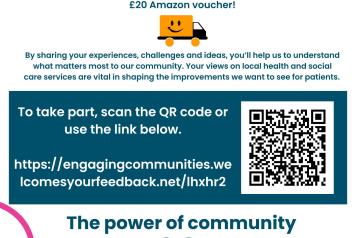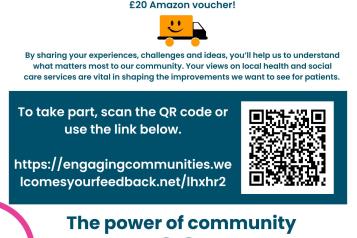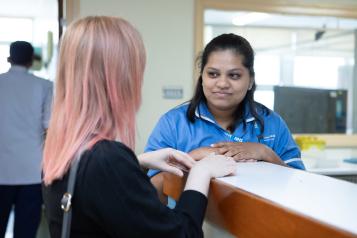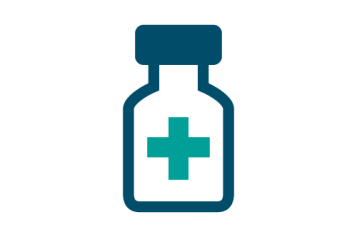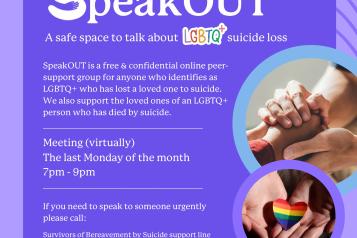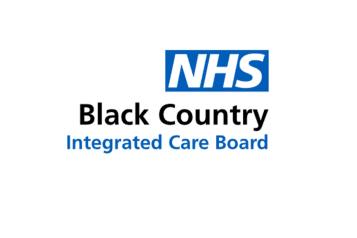
To mark World Cancer Day (Tuesday 4 February), a series of pop-up cancer conversation shops are taking place across the Black Country next week to raise awareness of the signs and symptoms of cancer and screening programmes.
Organised by the local NHS in partnership with the four local authorities in the Black Country, the pop-up shops are an opportunity for local people to meet and talk with a range of clinicians about how to check for symptoms of cancer, screening programmes the support services available and what to do if they’re concerned.
Attendees will be given information on the breast, bowel, cervical and lung NHS cancer screening programmes including when people will be invited and what's involved in the screening. Local support also will be offered for people living with and beyond cancer.
People will also be offered a health check on the day, including blood pressure checks and
blood sugar tests.
Dates and times for the pop-up shops are:
• Friday 7 February, Shop next to costa Coffee, Upper Floor, Park Mall, Sadler’s Centre, Walsall, 10am to 3pm.
• Tuesday 4 February, Urban Rooms, 19 Queen’s Square, Wolverhampton (opposite NatWest bank), 10am-3pm.
• Saturday 8 February, Brierley Hill Market, at the back by the café, High Street, Brierley Hill, 10am to 3pm.
Early detection is the most effective defence against cancer, and people must understand the signs and symptoms to watch for, as well as the screening programmes available.
Dr Mona Sidhu, Medical Director of Primary Care for the NHS Black Country Integrated Care Board (ICB), said: "This is why initiatives like the cancer pop-up conversation shops are so important. They provide an invaluable opportunity to engage with individuals one-on-one about cancer - especially those who may not realise they are at risk, may not recognise potential symptoms, or feel hesitant or fearful about taking action.
"Remember, if you notice something unusual for you or something that isn't going away, it’s important to consult your GP. While it’s likely not cancer, identifying it early can make a significant difference if it is."
